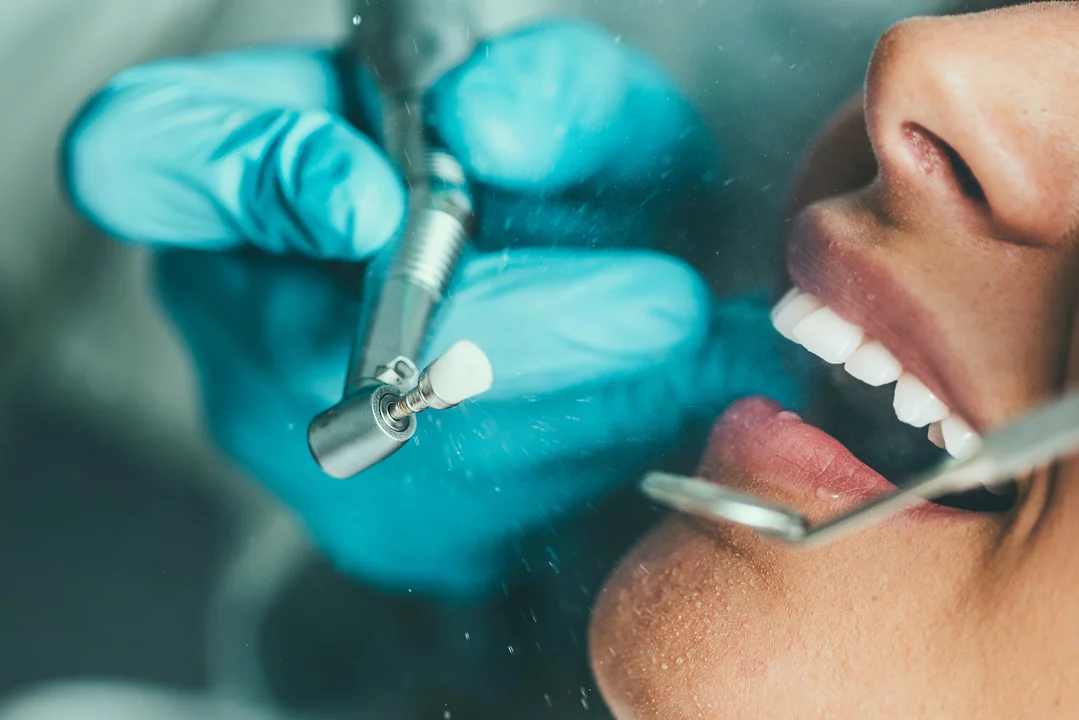Dental Health: Simple Steps to Protect Your Teeth
Healthy teeth start with small daily habits. Brushing twice a day for two minutes removes plaque and keeps gums healthy. Use a soft brush and fluoride toothpaste. Replace your brush every three months or sooner if bristles splay. Run your tongue over teeth to spot rough spots or buildup. If you feel anything odd, book a quick check.
Flossing is non negotiable. Slide the floss gently between each tooth and under the gumline. You can use floss picks or a water flosser if traditional floss is awkward. Aim to clean between teeth once a day. It removes bits a brush misses and prevents gum pockets.
Everyday Habits That Work
Watch what you eat. Sugary and sticky foods feed cavity bacteria. Swap soda for water and limit snacks between meals. Cheese, crunchy vegetables, and plain yogurt help neutralize acid and stimulate saliva. Smoking dries your mouth and raises risk for gum disease and bad breath. If you grind teeth at night, ask your dentist about a night guard.
Regular checkups catch small problems. A six month visit lets your dentist clean under the gumline and check X rays for hidden decay. Tell your dentist about tooth sensitivity, loose fillings, or changes in bite. Early fixes are cheaper and less painful.
Handling Dental Emergencies
When pain hits, act fast. For a knocked out tooth, hold it by the crown, rinse with water, and try to place it back in the socket. If that fails, store it in milk or saliva and get to a dentist within an hour. For severe pain or swelling, call your dentist or urgent care. Avoid placing aspirin directly on a tooth or gum.
Small infections can turn serious quickly. A throbbing tooth, fever, or trouble breathing need immediate care. Antibiotics and drainage might be necessary. Don't ignore a spreading sore under the jaw or on the face.
Kids need special attention. Keep pacifiers and bottles from bedtime to avoid bottle decay. Teach brushing early and bring children to the dentist by their first birthday or when the first tooth appears. A dental emergency for a child can be terrifying, so save your dentist's after hours number and practice calm first aid.
Use this page as a quick guide. Read our post on prophylaxis and dental emergencies for deeper tips on preventive cleanings and what to do when problems happen. Good routine care reduces the chance of sudden visits and keeps smiles comfortable.
Quick checklist: brush twice, floss daily, use fluoride, avoid frequent sugary drinks, wear a mouthguard for sports, schedule cleanings every six months, call your dentist if a tooth is loose, painful, or the gums bleed. Small steps save time and money.
If you have specific questions about medications for dental pain or oral infections, check our guides or talk to a pharmacist. We list generic options and tips to manage symptoms until you see a dentist. Keep an emergency kit with gauze, gloves, and contact info. today.
Prophylaxis and Dental Emergencies: How Preventive Care Can Save Your Teeth

As a blogger, I've discovered the importance of prophylaxis and preventive dental care in avoiding dental emergencies. Regular cleanings and checkups can help identify potential issues before they become serious problems. By practicing good oral hygiene, such as brushing and flossing daily, we can prevent most dental emergencies from occurring. In fact, investing in preventive care can ultimately save our teeth and avoid expensive treatments down the line. So, let's prioritize our dental health and make sure to schedule those all-important checkups and cleanings.
- May 12 2023
- Tony Newman
- 5 Comments
